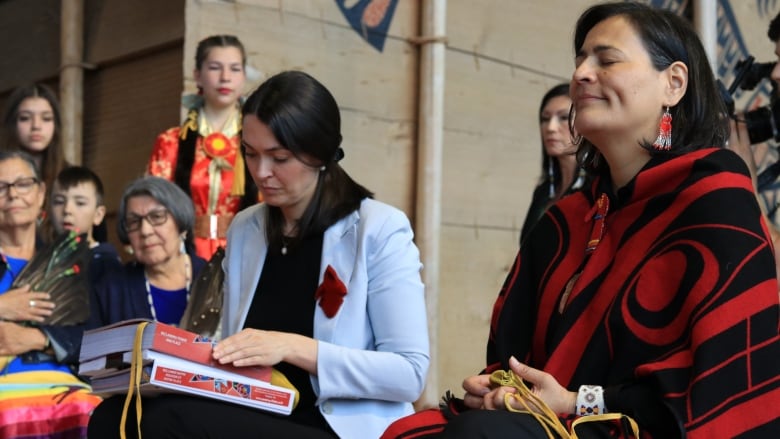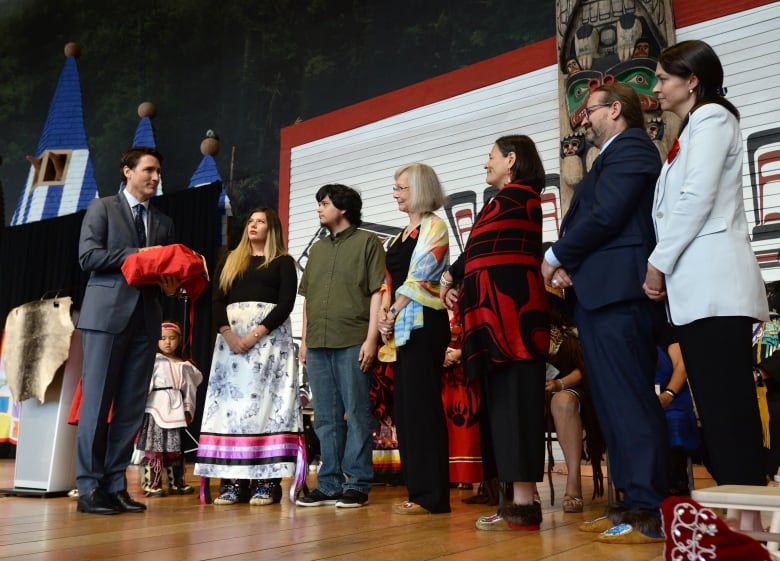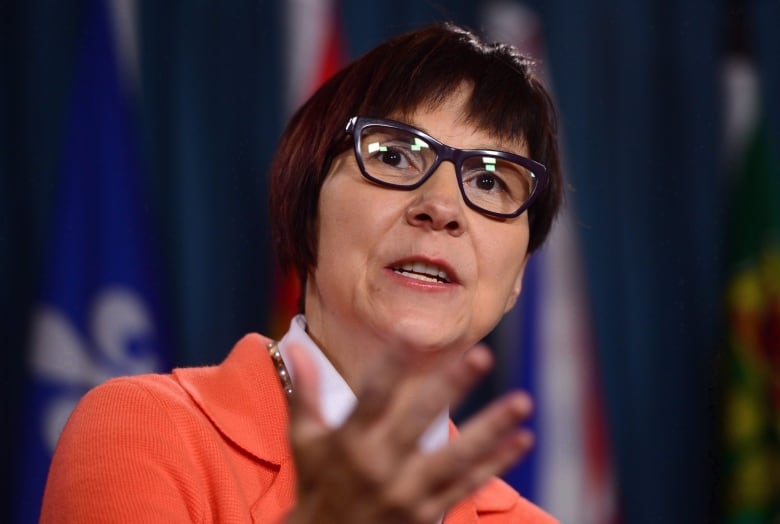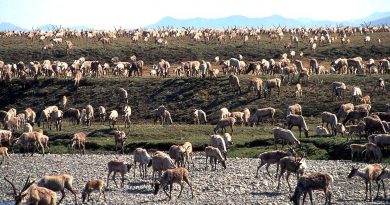Violence against Indigenous women in Canada: The legal and moral imperatives behind the inquiry’s calls for justice

In the wake of the National Inquiry into Missing and Murdered Indigenous Women and Girls’ final report, attention is now turning toward whether its 231 recommendations will be acted upon.
Last Monday, the national inquiry held its closing ceremony in Gatineau, Que., where it delivered its final report to government. The inquiry detailed what it found to be the root causes of the disproportionate amount of violence experienced by Indigenous women and girls and made 231 “Calls for Justice” to address them.
The inquiry’s commissioners have said the calls for justice are not merely recommendations but legal imperatives based in “international and domestic human and Indigenous rights laws, including the Charter, the Constitution and the Honour of the Crown.”
During a news conference after the inquiry’s closing ceremony, commissioner Qajaq Robinson elaborated on what it means to describe the calls for justice as legal imperatives.
“If we’re talking to access to health — for example the calls for justice that there be holistic, wraparound health services in all communities and isolated communities — that isn’t just a suggestion. It’s because the people in those communities have a right to health, have a right to those services,” she said.
“You legally have to do it. It’s not like we’re asking you to come up with a new framework to understand what you have to do. You signed it already; you’re just not implementing it.”
Commissioner Michèle Audette said the rights the inquiry is talking about seem to be respected in southern Canada.

“But when you live in my North… far, far away, there’s no protection, no services, no accessibility. And it’s still called Canada,” she said.
While the commissioners say the calls are rooted in existing legal commitments, the final report also states that “Governments are not required to implement these recommendations.”
‘These truths are piling up’
Like the Truth and Reconciliation Commission’s 2015 report, the national inquiry’s report acknowledges it will take all Canadians to assert their political pressure on institutions and governments to ensure substantive changes come about.
Cindy Blackstock, executive director of the First Nations and Family Caring Society, has been at the forefront of pushing government for equity for First Nations children in Canada.
The Canadian Human Rights Tribunal sided with the society and Assembly of First Nations in a 2016 ruling, finding that Canada discriminates against First Nations children on reserves by failing to provide them with the same level of child welfare services that exist elsewhere in Canada.
Three years later, and more than a decade since the initial complaint was filed, the case is still not resolved. There have been seven non-compliance orders issued by the tribunal since its ruling.
Blackstock says, looking at the calls put forward by the national inquiry, the most important impact the final report can have is to change the collective Canadian consciousness. In her view, governments don’t make change, they respond to change.

“All of these reports and all these truths are piling up in a way that makes it more and more difficult for people normalize the discrimination and to turn away from it,” she said.
She said key indicators that change is happening will be a shift in public attitude. She said the public should also be looking for on-the-ground, immediate investments in things like safe shelter space for women fleeing violence.
Blackstock said the calls for justice might not be legally binding, but are certainly morally binding. Still, she said it will likely take litigation to achieve the level of substantive reform for which the inquiry is calling.
Minister of Indigenous Services Seamus O’Regan said Ottawa is already taking action on the report through its national action plan to invest in housing and education on reserves and safety on the Highway of Tears.
The prime minister has also promised that the federal government will come up with a national action plan for implementing the inquiry’s recommendations, which itself is among the 231 calls for justice in the final report. The government says this action plan will be developed in partnership with survivors, family members as well as First Nations, Métis and Inuit governments and organizations.
When asked if the recommendations of the inquiry are legally binding, a spokesperson for the Ministry of Crown-Indigenous Relations and Northern Affairs wrote in an emailed statement that “the final report offered recommendations to inform concrete action,” and referred to the inquiry’s terms of reference which include making recommendations to remove “systemic causes of violence and to increase the safety of Indigenous women and girls.”
Related stories from around the North:
Canada: Canadian PM says deaths and disappearances of Indigenous women and girls amount to ‘genocide’, CBC News
Finland: Indigenous Sámi community weighs in on Finland’s truth and reconciliation process, Yle News
Norway: Inuit, Sami leading the way in Indigenous self-determination, study says, CBC News
Sweden: Report sheds light on Swedish minority’s historic mistreatment, Radio Sweden
United States: Alaska reckons with missing data on murdered Indigenous women, Alaska Public Media



